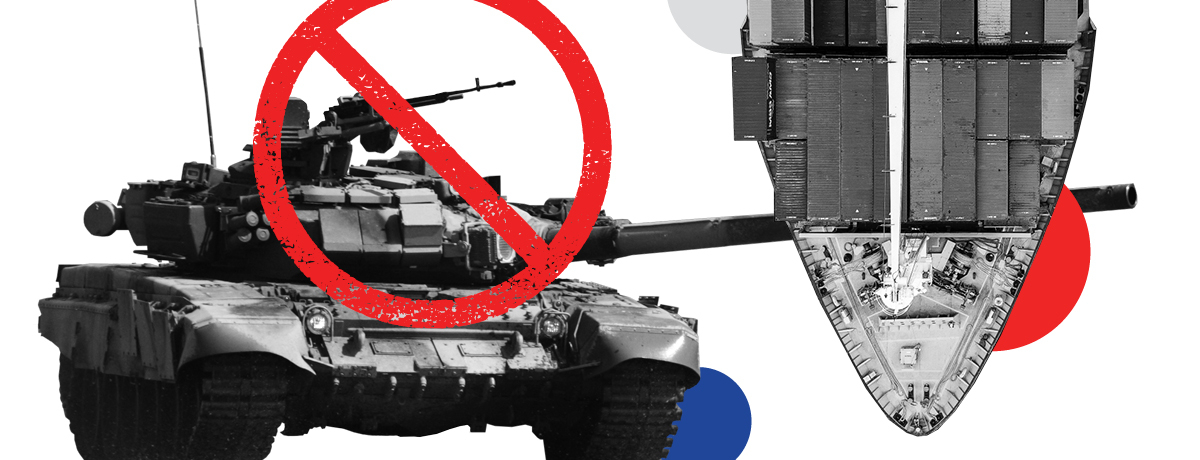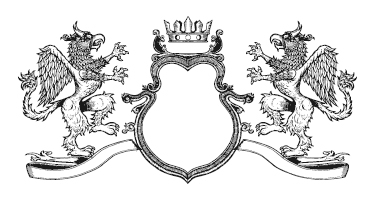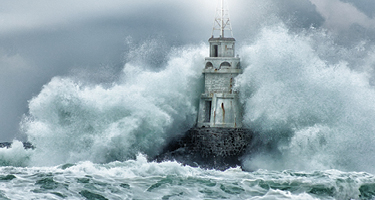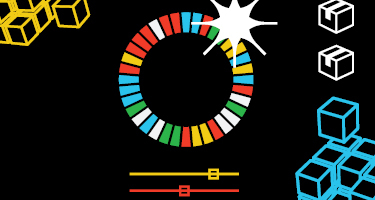ON JUNE 27, Canada imposed new sanctions on Russia intended to prohibit the export of certain advanced technologies and goods that could be used in the production and manufacturing of weapons by Vladimir Putin’s regime. The categories of goods and technologies that fall under the sanctions are extensive:
- quantum computing materials;
- cryogenic refrigeration systems;
- ultra-high vacuum equipment;
- high quantum efficiency photodetectors;
- additive manufacturing equipment for certain uses or processes;
- metal powders for additive manufacturing;
- certain microscopes and detectors;
- decapsulation equipment for semiconductor devices;
- software related to the above items
- software for digital twins of additive manufactured products or the determination of the reliability of additive manufactured products (digital twin technology can be used for testing and process monitoring of additive manufacturing); and
- technology related to the above items.
The sanctions also covered six senior Russian defense officials and 46 Russian defense entities.
Designations of Russian Media
Ten days later, on July 7, Canada took the remarkable step of designating 29 individuals who are, according to the Canadian government, figures involved in Russian disinformation and propaganda, as well as 15 entities that Canada refers to as involved in disinformation activity, including a media regulator. The Russian government likely considers the sanctioned individuals to be media figures, albeit state-friendly or outright state-controlled. Illustrative of the news-media nature of the people are the names of the entities:
- Channel One Russia JSC;
- Television Station Russia-1;
- NTV Broadcasting Company JSC;
- Russotrudnichestvo (known as “the Federal Agency for the Commonwealth of Independent States Affairs, Compatriots Living Abroad and International Humanitarian Cooperation”);
- TASS;
- the All-Russia State Television and Radio Broadcasting Company (VGTRK);
- Gazprom Media;
- National Media Group;
- Rossiya-24 TV Channel;
- Smotrim;
- Ru;
- RT;
- Sputnik;
- REGNUM News Agency; and
- Roskomnadzor (the “Federal Service for Supervision of Communications, Information technology and Mass Media”).
Notably, Chrystia Freeland, the Canadian Deputy Prime Minister, who is widely considered to be driving the policy on Canada’s sanctions on Russia and Belarus, was formerly a well-known member of the press who once served as the Moscow bureau chief for an international business-news organization.
Gold Import Ban
Also on July 7, Canada prohibited the import of certain gold products from Russia, including unwrought gold, semi-manufactured gold, gold powder, monetary gold and jewelry made of gold.
This poses an ever-increasing burden on Canadian companies, which must comply with these sanctions."
Services Ban Expanded
A week later, on July 14, Canada added two more manufacturing services to the list of those that cannot be provided to banned industries: services incidental to manufacturing, except to the manufacture of metal products, machinery and equipment; and services incidental to the manufacture of metal products, machinery and equipment.
Canada also added eight new industries to the list of those to which banned services cannot be provided:
- the manufacture of basic metals;
- of fabricated metal products;
- of computer, electronic and optical products;
- of electrical equipment;
- of machinery and equipment;
- of motor vehicles, trailers and semi trailers;
- of other transport equipment; and
- land transport and transport via pipelines.
The Bucha Massacre and Other Defense-Sector Designations
On July 29, Canada designated for sanctions an additional 43 individuals and 17 entities. These include military officials allegedly involved in the massacre of more than 1,000 Ukrainians in the city of Bucha early in the war, as well as entities in the defense sector that, according to Canada’s government, directly or indirectly support the Russian military.
Sanctions on Belarus Are Expanded
On June 27, Canada imposed new sanctions on Belarus similar to those previously or contemporaneously imposed on Russia. These prohibit the export to Belarus of certain goods and technologies, luxury goods and goods for the manufacture of weapons; they also ban the import of certain luxury goods from Belarus. The same day, Canada designated for sanctions 13 senior officials of Belarus’s Ministry of Defense and two Belarusian military entities.
Designation of Certain Ukrainian Nationals
Also on June 27, Canada sanctioned 15 former senior officials of the so-called Luhansk People’s Republic and Donetsk People’s Republic, along with their family members and purported leaders in areas of eastern Ukraine illegally occupied by Russian forces or controlled by Russia-backed proxies.
Potential Implications for Canadian Businesses
As detailed above, Canada continues to add to the thicket of sanctions on Russia and Belarus. This poses an ever-increasing burden on Canadian companies, which must comply with these sanctions. It’s important to take care to ensure compliance; enforcement is surely more top-of-mind than it has been in recent years.
Conclusion
The pace of new Canadian sanctions has yet to abate. Although the number of people and entities who could potentially be designated for their involvement in or support of Russia’s war is presumably vast, logically there ought to be an end point for other types of sanctions given how extensive the ones already imposed have been—and the diminishing returns of identifying any remaining areas of commercial relations between Canada and Russia (or Belarus). This hasn’t happened yet, however, and the Canadian government remains creative in finding new sanctions to impose, apparently wishing to maintain a position of global leadership to whatever extent it is able.
This article was first published on Stikeman Elliott LLP’s Knowledge Hub and originally appeared at www.stikeman.com. All rights reserved.
Shawn C.D. Neylan is a partner in the Competition & Foreign Investment Group of Stikeman Elliott and advises businesses in relation to business crime laws. He concentrates his practice on Canadian federal regulatory and criminal laws with regard to anti-corruption, national security, economic sanctions, commercial bribery, anti-money laundering and proceeds of crime prohibitions and merger control laws. Highly esteemed for his expertise in substantive competition and antitrust matters, Shawn has received numerous accolades for his work.

































